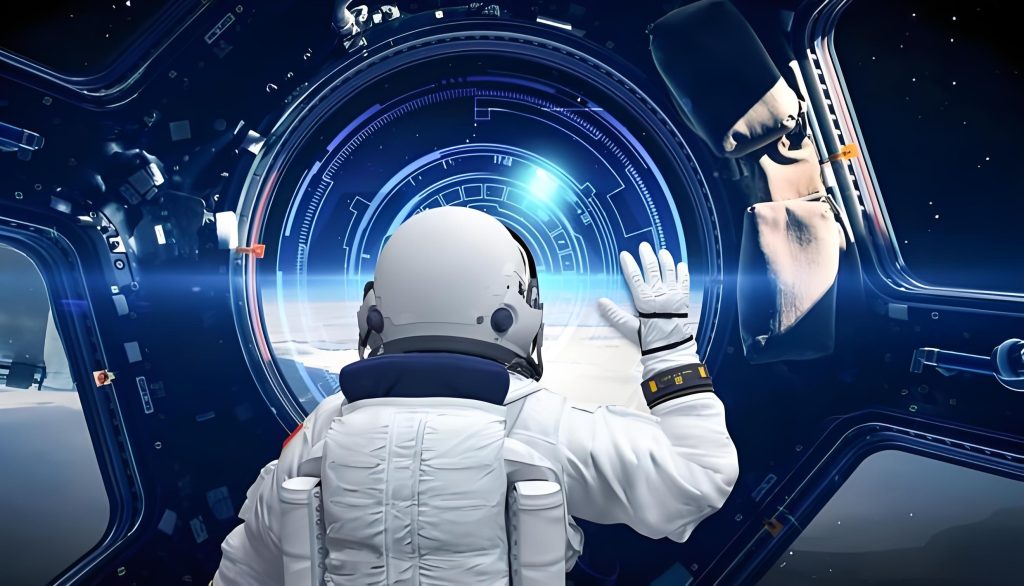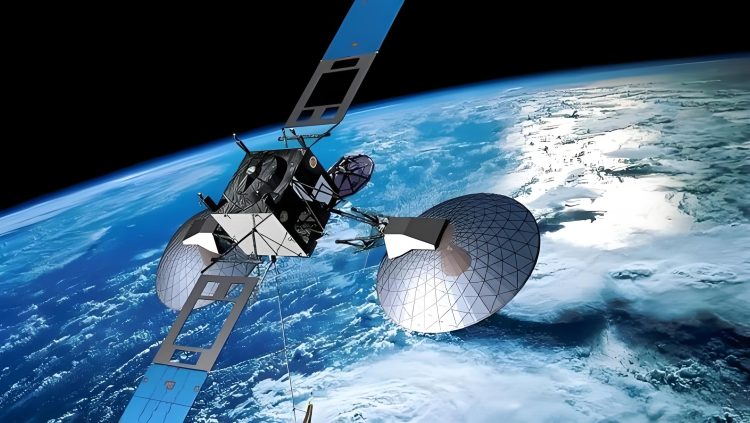As humanity gazes upwards, the vast expanse of space beckons with its unending mysteries and limitless possibilities. From the earliest days of rocketry to the present era of complex spacecraft and interplanetary missions, our quest for knowledge and discovery has been relentless. And now, with the advent of Artificial Intelligence (AI), we stand on the cusp of a new era in space exploration – one where AI is the driving force behind unlocking the secrets of the cosmos.

AI: The Ultimate Navigator
In the vastness of space, navigation is a critical challenge. Planetary orbits, asteroid fields, and the sheer distance between celestial bodies all pose significant hurdles for spacecraft. But with AI, these challenges become mere obstacles. Advanced AI algorithms can analyze vast amounts of data from telescopes, radars, and other sensors, enabling spacecraft to plot precise courses and navigate complex environments with unprecedented accuracy. From the intricate maneuvers required for lunar landings to the intricate dance of planetary transfers, AI is the ultimate navigator, guiding our spacecraft safely through the cosmos.
AI: The Eyes and Ears of Exploration
In space, where the environment is hostile and human presence is limited, AI acts as our eyes and ears. High-resolution cameras and sensors aboard spacecraft generate an overwhelming amount of data, which would be impossible for humans to analyze in real-time. But with AI, we can process this data rapidly, identifying patterns, anomalies, and potential discoveries. From the search for habitable exoplanets to the study of distant galaxies, AI empowers us to see and understand the universe in ways never before possible.
AI: The Intelligent Collaborator
In space missions, AI is not just a tool but a true collaborator. It can work alongside human astronauts, augmenting their capabilities and enhancing their performance. Whether it’s assisting with complex scientific experiments, monitoring the health and status of the spacecraft, or providing real-time support during emergency situations, AI is a valuable member of the space exploration team. Moreover, as we move towards more autonomous missions, AI will play an even more central role, making decisions, adapting to changing conditions, and ensuring the success of the mission.
AI: Unlocking the Secrets of the Unknown
The universe is vast, and there are countless mysteries yet to be uncovered. From the nature of dark matter and dark energy to the existence of extraterrestrial life, the questions that drive our space exploration efforts are profound and complex. But with AI, we have a powerful tool at our disposal. By analyzing data from space telescopes, studying the composition of distant planets, and simulating the conditions of extreme environments, AI can help us unlock the secrets of the unknown. It can reveal hidden patterns, make connections that we might never have seen, and open up new avenues of scientific inquiry.
Conclusion: The Future of Space Exploration is AI-Powered
As we continue to push the boundaries of human exploration, AI will be a vital partner in our journey. From navigating the cosmos, to gathering and analyzing data, to collaborating with human astronauts, AI is poised to revolutionize the way we explore space. With its intelligence, adaptability, and unparalleled processing capabilities, AI is the key to unlocking the secrets of the universe and pushing humanity’s frontiers ever further into the unknown. So, as we embark on this exciting new era of space exploration, let us embrace the power of AI and together, chart a course towards the stars.











































Discussion about this post